Become a master in the realm of industrial machinery through comprehensive training and certification. Understand the ins and outs, the nuts and bolts, and all there is to know about operating machinery safely, effectively, and efficiently.
İçindekiler Tablosu
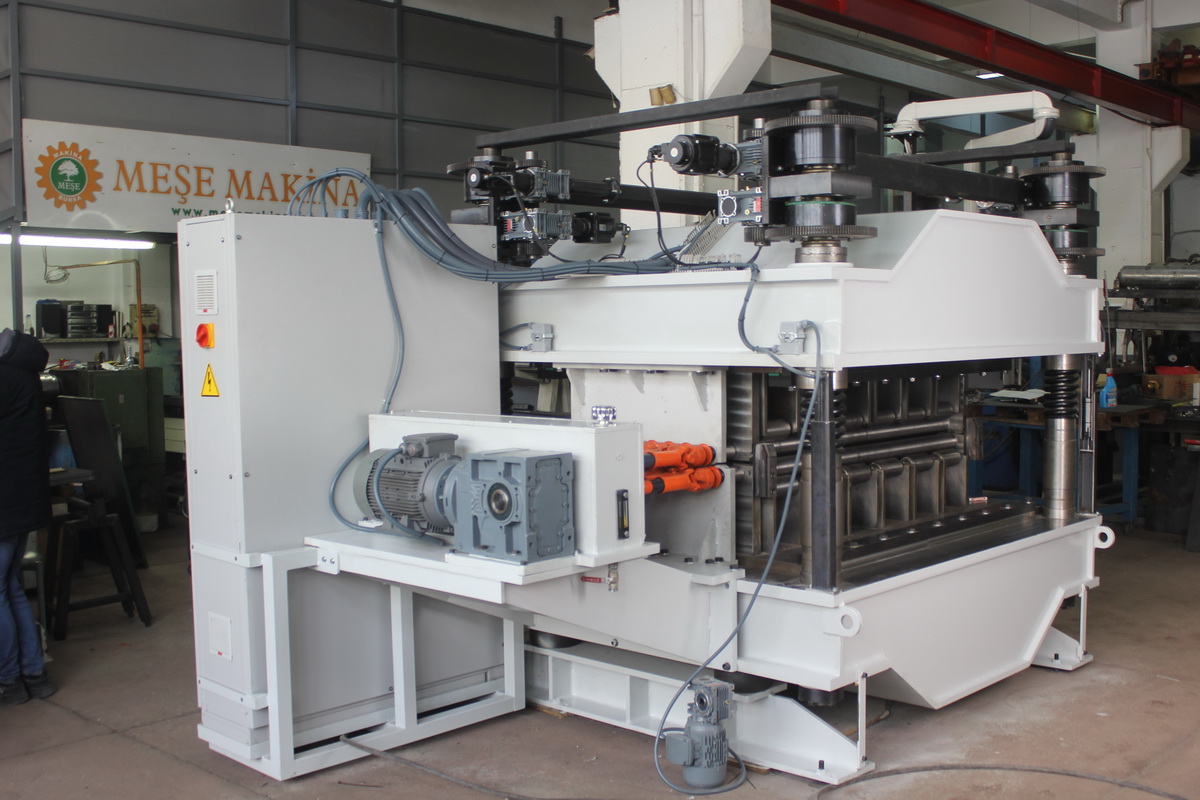
The Importance of Training and Certification for Industrial Machinery Operators
In the bustling world of industry and manufacturing, the role of an industrial machinery operator is undeniably critical. Like a well-oiled machine, every cog must be in its place, doing its job to ensure a smooth, efficient operation. When it comes to operating complex industrial machinery, it’s not just about knowing which button to push; it’s a multi-faceted role that demands in-depth knowledge, precision, and a keen eye for safety.
In essence, training and certification for industrial machinery operators become the foundation on which safety, efficiency, and productivity are built. Without these, you’re stepping into a minefield of potential issues—ranging from minor hiccups in operations to severe workplace accidents.
Imagine you’re a pianist. Would you perform a concerto without ever having learned to play? Absolutely not! Likewise, as an industrial machinery operator, you wouldn’t dream of operating a machine without adequate training. The potential for disaster is just too great.
Ensuring Operator Safety
First and foremost, operator safety is paramount. Industrial machinery isn’t child’s play. These machines can be massive, powerful, and in the wrong hands, lethal. Proper training provides operators with a deep understanding of the machines they work with, allowing them to identify potential hazards, prevent accidents, and maintain a safe work environment.
An Overview of the Required Training for Industrial Machinery Operators
Training for industrial machinery operators often includes both classroom-based theoretical learning and hands-on practical experience. It covers everything from basic machine operation to advanced troubleshooting and emergency procedures.
Practical Benefits of Certification
Holding a certification means that an operator has demonstrated a specific level of competence in operating machinery. It acts as a mark of assurance that the operator has the requisite knowledge and skills to perform tasks safely and effectively.
Boosting Operational Efficiency
In a world where time is money, efficiency is key. Properly trained and certified operators are likely to make fewer mistakes, resulting in less downtime, lower maintenance costs, and increased productivity.
Maintaining Equipment Longevity
Proper operation of machinery doesn’t just impact immediate productivity—it also affects the longevity of the equipment itself. Certified operators understand the ins and outs of the machines, helping prevent premature wear and tear.
Minimizing Workplace Accidents
Accidents and mishaps can be drastically reduced with proper training and certification. The emphasis on safety in training courses ensures operators know how to avoid dangerous situations.
The Regulatory Requirements
Operating machinery is regulated by various laws and regulations. Without proper training and certification, companies can face heavy fines and legal consequences.
Certification as a Professional Standard
Certification is seen as a professional standard in the industry, providing a benchmark for operators’ abilities. It promotes credibility and trustworthiness in the eyes of employers.
Raising Industry Standards
The more operators that are certified, the higher the overall standard of operation in the industry. This can lead to a safer and more productive work environment.
The Impact of Certification on Career Progression
Certification can open the door to better job opportunities and career progression. It’s a ticket to proving your competence and standing out from the crowd.
Keeping Up with Technological Advancements
Industrial machinery is constantly evolving. Training and certification ensure operators keep pace with these changes, maintaining their relevance in the industry.
Economic Implications of Trained Operators
Trained operators can contribute to a company’s economic growth. They help reduce operating costs and boost productivity, leading to higher profit margins.
Boosting Company Reputation
Companies that invest in operator training and certification are seen as responsible and professional, enhancing their reputation in the industry.
Reducing Insurance Premiums and Liability
Trained and certified operators are less likely to be involved in accidents, potentially reducing insurance premiums and legal liability for companies.
The Certification Process: A Walkthrough
Becoming certified is a process that usually involves a combination of theoretical learning, practical experience, and assessment. This section walks you through the steps in detail.
A Closer Look at Training Modules
Training courses are typically made up of various modules, each focusing on a different aspect of machinery operation. Here we delve into what these modules might entail.
Common Misconceptions About Operator Training
Like any field, operator training is subject to misconceptions. This section dispels some common myths.
Local vs International Certifications
What’s the difference between local and international certifications? Is one better than the other? This section explores these questions.
Renewal and Recertification: What You Need to Know
Certifications typically need to be renewed or updated periodically. This section explains why and how this process works.
How to Choose the Right Training Program
With so many training programs available, how do you choose the right one? Here, we offer some tips and considerations to guide your decision.
Frequently Asked Questions
Why is training important for industrial machinery operators?
Training equips operators with the necessary skills and knowledge to operate machinery safely and efficiently. It covers a range of topics from basic operation to advanced troubleshooting, ensuring operators are prepared for a variety of situations.
What does certification entail?
Certification typically involves a combination of theoretical learning, practical experience, and a formal assessment. It verifies that an operator has attained a specific level of competence.
What are the benefits of certification for operators?
Certification provides a mark of assurance that an operator has the requisite knowledge and skills to perform tasks safely and effectively. It can open up better job opportunities and improve career progression.
How does training and certification benefit companies?
Companies benefit from having trained and certified operators in several ways. These include increased operational efficiency, reduced downtime, lower maintenance costs, improved safety, and enhanced reputation.
Do certifications need to be renewed?
Yes, certifications usually need to be renewed or updated periodically to ensure operators’ skills and knowledge stay current.
How can I choose the right training program?
Choosing the right training program depends on several factors including your specific learning needs, the relevance of the course content, the reputation of the training provider, and the validity of the certification.
In Conclusion
The importance of training and certification for industrial machinery operators cannot be overstated. It’s not just a matter of ticking boxes—it’s about ensuring safety, promoting efficiency, and upholding the highest industry standards. So whether you’re an aspiring operator or an employer in the industry, make no bones about it—training and certification should be your top priority!

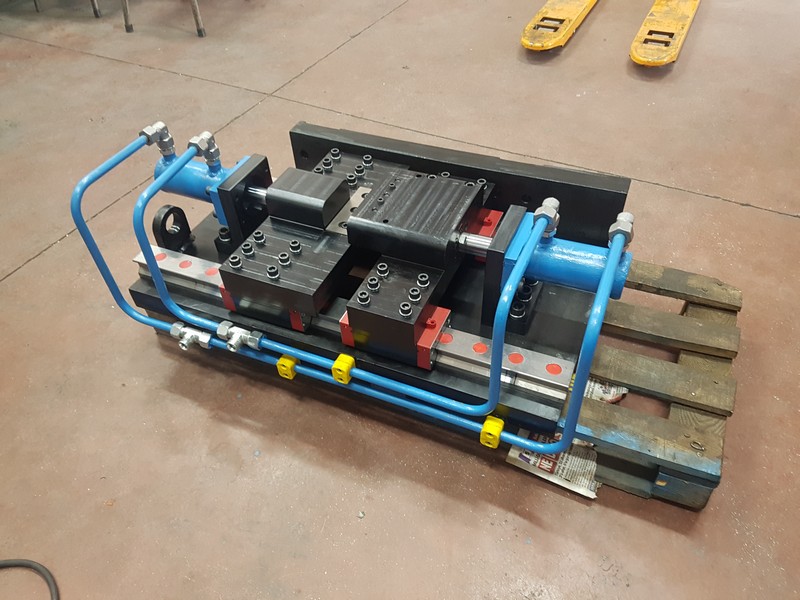
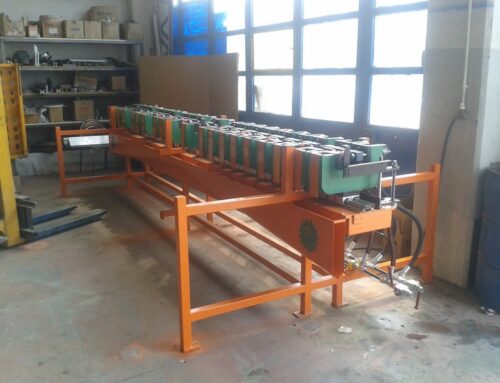
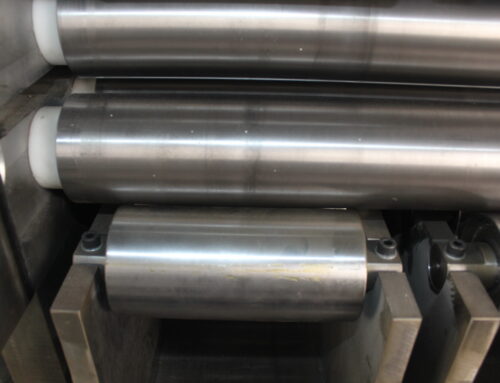
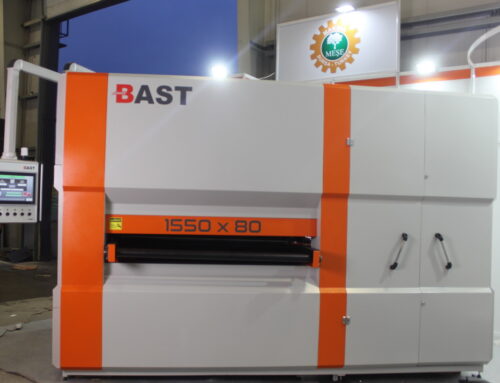
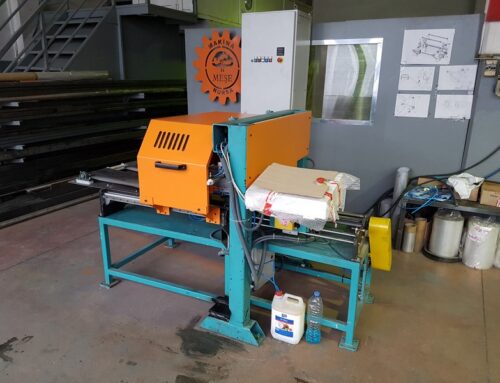

Leave A Comment